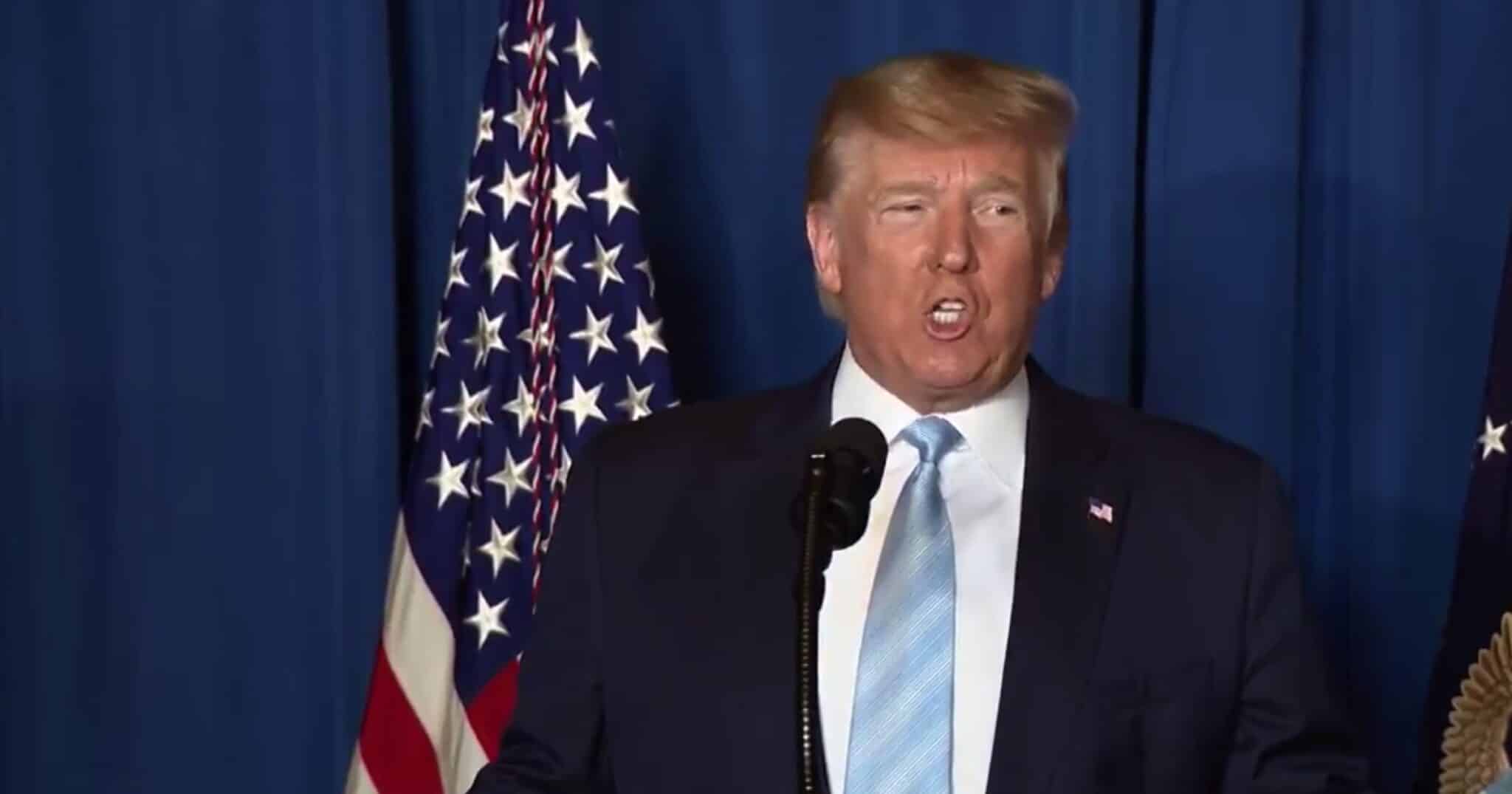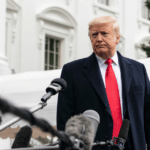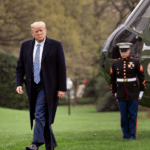





In a landmark decision, the Supreme Court affirmed that former presidents are largely shielded from criminal prosecution for actions taken while in office, ruling 6-3 along ideological lines.
The Washington Post reported that the recent Supreme Court ruling on presidential immunity has profound implications for legal proceedings against former presidents, delineating a clear divide between "official" and "unofficial" acts.
The Court's decision emerged from a case involving former President Donald Trump, who argued for immunity against criminal prosecution concerning decisions made during his presidency.
The ruling emphasized that while presidents could face legal actions for personal conduct, their official acts while in office are protected.
The Supreme Court, however, did not specify what constitutes an official versus an unofficial act, leaving a significant grey area for future legal interpretations. This ambiguity is likely to lead to further legal challenges and discussions in the judiciary.
Legal analysts believe this ruling marks a significant stance by the conservative majority on the Court, reflecting a deep-seated skepticism towards broad prosecutorial powers. The decision sets a precedent that may influence how actions by public officials are scrutinized under the law.
As a consequence of this ruling, several ongoing cases against Trump, including those in Washington, D.C., and New York, as well as his indictment in Florida over classified documents, might see significant impacts regarding the evidence that can legally be considered.
This decision could also affect state-level charges against Trump in Georgia related to alleged election interference. Here, the differentiation between official and unofficial acts could play a crucial role in the proceedings.
Following Trump's announcement of another presidential run, Attorney General Merrick Garland appointed Jack Smith as special counsel to oversee the investigations into Trump's past actions. This move was seen as a measure to maintain the integrity of the investigation, given its high-profile nature and political implications.
However, Trump's legal team has contested Smith's appointment, asserting it was not in accordance with the law, reflecting ongoing tensions and challenges within the legal framework surrounding former presidents.
Jessica Tillipman, an associate dean at George Washington University Law School, remarked on the conservative majority's approach, highlighting a broader mistrust of prosecutorial discretion which she believes influenced this decision.
Former law clerk for Justice Neil M. Gorsuch, James Burnham, noted that the ruling constrains prosecutorial power significantly, not just in Trump's case but for any future president as well. This shift could reshape the landscape of presidential accountability.
On the indictment announcement, special counsel Jack Smith cited the events of January 6, 2021, emphasizing that the unrest was incited by misleading statements aimed at undermining the U.S. electoral process. However, Smith's office has declined to comment on the Supreme Court's recent decision.
Sarah Isgur, a former spokesperson for the Justice Department, criticized the charges against Trump as lacking a solid legal foundation, particularly pointing out the controversial nature of prosecuting a president for administrative decisions made while in office.
Sharon Fairley, a former federal prosecutor and current law professor, suggested that while the Justice Department attempts to navigate these complex legal terrains cautiously, the Supreme Court's decisions serve as a reminder of the delicate balance that must be maintained when intersecting law and politics.
The ongoing debates and the recent Supreme Court ruling reflect the intricate interplay between law, presidential power, and the boundaries of prosecutorial reach, encapsulating a critical moment in American judicial history.
To conclude, the Supreme Court's decision on presidential immunity not only affects Donald Trump's ongoing legal battles but also sets a significant judicial precedent regarding the scope of prosecutorial power over presidential actions.
The ruling delineates a boundary between official and unofficial acts but leaves much to interpretation, suggesting a continued evolution of legal standards in presidential accountability.



